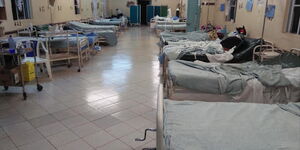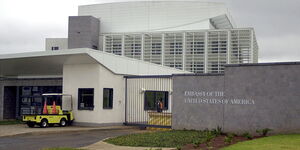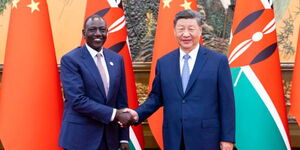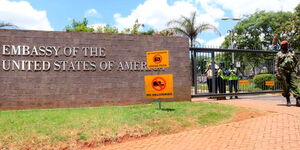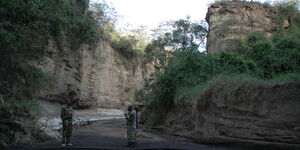Manufacturers of baby formula and baby feeding bottles will now have to adhere to strict rules by the government or risk being kicked out of the market.
The move was effected after Parliament passed the Breast Milk Supplements (BMS) Regulation and Control Act of 2012. The law detailed feeding bottles for infants as designated products, meaning they are items that are within the scope of regulation by the law.
In the new regulations, the Ministry of Health outlined rules to be followed in the labelling and use of baby feeding bottles, teats, pacifiers and cups with spouts from May 28, 2022.
A label, package or container of a feeding bottle and the bottle itself shall indicate clearly the dangers that such bottles cause to the infants and the words "WARNING" will be clearly marked on the packaging.
The labelling shall read: ''Breastfeeding is best. Breastfeeding is ideal for the healthy growth and development of infants and young children. It protects against potentially fatal diarrhoea, lung infections, and other illness".
Further, a package or container of a teat shall not compare the act of suckling the teat to the action, motion or benefits of suckling a human breast or physical properties of such human breast.
For a pacifier, the label, package or container shall indicate in a clear, conspicuous and easily readable manner, that the use of teats can interfere with breastfeeding.
Parents with infants were advised to use cups and spoons as an alternative to feeding bottles which are healthier for the baby's development.
Notably, the new regulations have not banned infant formula but require proper labelling.
"Despite any other requirement in these Regulations with respect to containers or labels of infant formula or follow up the formula, labelling for an infant or follow up formula in the powdered form shall, in addition to including a feeding chart, indicate that powdered formula may be contaminated during the manufacturing process or may become contaminated during preparation," read part of the legal notice.
Further, the labels on infant formula packages should also give preparation guidelines to parents.
Health officials noted that the teats which the child uses when feeding, are made of silicon which lacks the same texture as the mother's breast. Medical experts explained that this causes nipple confusion, and it can lead to the refusal of breastfeeding by the baby.
Experts noted that suckling from a bottle causes pressure on the inner ear and children will suffer recurrent ear inflammation.
It was also argued that it's not easy to clean the feeding bottles since they have multiple tracks and often hide bacteria and microorganisms, that cause frequent diarrhoea and other infections in children.
Kenya has been keen to regulate baby formula. Kenya’s Breast Milk Substitutes Regulation and Control Act of 2012, prohibits the advertisement and promotion of a designated or complementary food product.
This is in line with the 2019 National Policy for Maternal, Infant and Young Child Nutrition (MIYCN), which complies with the Act and the Code.
Further, according to Kenya regulations, health workers are not to accept gifts, including financial assistance, or funding for meetings, conferences, seminars or continuing education courses from manufacturers.
In 2020, lawmakers considered fines and/or imprisonment for health providers that promote or distribute breastmilk substitutes.

